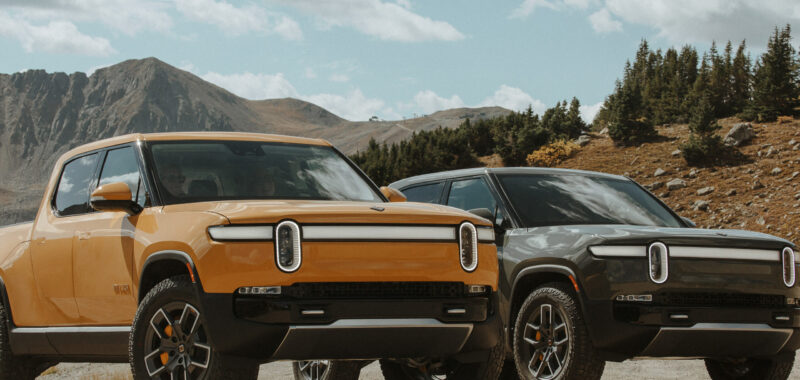There’s been a changing of the guard atop a recent automotive survey.
At long last, there’s a chink in Tesla‘s (TSLA 4.25%) armor. The electric vehicle maker finally slipped from the top in a recent J.D. Power satisfaction survey.
For many years, Tesla vehicles dominated multiple satisfaction surveys, but as the vehicles age without significant refreshes, it was inevitable that newer EVs would outscore it. Here’s a look at which brands are thriving -– hint: Rivian (RIVN 1.17%) shined — and why it matters for investors.
By the numbers
Let’s briefly cover what the survey is and what it does. The J.D. Power U.S. Automotive Performance, Execution and Layout Study (APEAL) measures the experiences that vehicles offer through design, performance, safety, usability, comfort, perceived quality, and more, through 90 days of ownership.
One of the major takeaways from the recent data was that Tesla has slipped in the rankings after a streak of dominance. More specifically, non-Tesla battery electric vehicles (BEVs) scored 877 on a 1,000-point scale compared to Tesla’s 870, and also higher than gasoline or plug-in hybrids at 842 and 841, respectively.
In a press release, Frank Hanley, senior director of auto benchmarking at J.D. Power, said:
Traditional manufacturers have listened to the Voice of the Customer. They’re launching enhanced vehicles that are more in line with what customers want, including improved interior storage and higher quality materials, as well as ensuring features have ease of use. For BEVs, recent launches from traditional manufacturers have surpassed perennial leader Tesla when it comes to owners’ level of emotional attachment and excitement with their new vehicle.
Although Tesla has long dominated, it’s also true that the age of its vehicles is starting to show in these surveys. In 2020, Tesla scored 896, followed by 893 and 887 in the years 2021 and 2022, respectively. It dropped even further in 2023 with a score of 878.
The highest score, and the only brand to register 900, was for Rivian. Although J.D. Power posted the scores for Tesla, Rivian, and Polestar, those brands are not included in its official rankings because the companies wouldn’t comply with its rules on access to owner information.
Why this matters
This is huge news for Rivian for a couple of reasons.
In the automotive industry, it’s expensive to woo customers from other brands, and carmakers that can keep customers loyal to their brand are in position to grow long-term revenue. If customers choose to stick with the Rivian brand for their next purchase, that could mean the R2 model, which launches in the first half of 2026, or even the R3X, which is expected to come next (before the base R3).
This is also good news for the EV maker because it needs to generate stable demand (if not increase it) up until the R2 launch. Rivian delivered nearly 13,800 EVs during the second quarter, which topped estimates calling for 12,000 but was flat compared to the first quarter. However, the fact that consumers still appear to be extremely satisfied with Rivian’s first-generation vehicles is a good sign.
It’s also important for investors to see the impact of aging vehicle designs, as we’re seeing with Tesla data. Rivian refreshed its R1 vehicles early in June. The R1S and R1T were reengineered through hundreds of hardware improvements, performance upgrades, and updated in-house drive systems.
The company also unveiled two entirely new premium trim packages, which generally bring in higher margins, as well as options for a new exterior Storm Blue paint color and blackout trim.
Rivian needs the refreshed vehicles to continue performing well with consumers and critics alike, to help bridge the gap between now and the launch of its R2. If these surveys are any indication, the future still looks bright for this startup EV maker.

